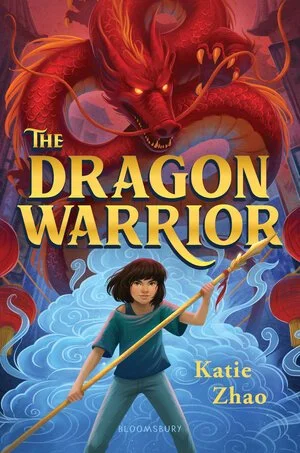Interview With Katie Zhao: Traversing Fantasy and Reality Through a Diverse Lens
“Study hard. Betray Harder.”
Katie Zhao’s upcoming young adult novel, How We Fall Apart, details the murder of a high school student and the following investigation for the true culprit. As the mystery unfolds, the students linked to the death unwittingly uncover more secrets about each other and reveal the drastic measures they’d take in the name of academic competition.
A Chinese American author, Zhao previously wrote two middle grade Chinese fantasy novels before How We Fall Apart. Her new novel features an entirely Asian American cast and explores themes of the model minority myth, mental health, and academic pressure among Asian Americans.
One of the most intriguing aspects of the novel is that systemic issues with the Asian American community directly inform the conflict and character development. With demands for representation ever increasing, many white authors feel the solution is to write more characters of color. The problem therein is the lack of thought to how race fundamentally shapes one’s perspective and upbringing; this can either lead to the well-meaning “colorblind” approach that tokenizes people of color, or assigning stereotypes and superficial ideas about their races to them. Zhao, meanwhile, relies on her own experiences with her culture and community to shape the plot in How We Fall Apart—race and culture are not the main focus, but they undeniably shape the characters. The stark contrast in these approaches to writing characters of color lie in who controls the narrative and raises the issue of diversity in authorship and not strictly characters.
The discussion surrounding diversity in YA literature has rapidly shifted within the last decade, with movements and organizations such as #OwnVoices, We Need Diverse Books, and DV Pit pushing for diverse stories by diverse authors. The publishing industry is not without controversy, particularly in regards to white authors co-opting narratives of people of color; however, authors of color have made strides to represent themselves and take control of their own stories. In that regard, Zhao’s novel is a huge step in addressing stigmas in the Asian American community while exploring thriller and dark academia genres from an Asian American perspective.
In our interview, Zhao discusses her experiences as a Chinese American writer and the creative choices behind her novels.
What sparked your interest in writing? When did you decide you were ready to publish your work?
I’ve always loved stories and storytelling. I started reading at a young age, and when I wrote my first short story at 7 years old, I completely fell in love with writing. I had the strongest feeling that this was what I was meant to do. When I was 17, I finally wrote a novel with a Chinese American protagonist - the 3rd novel I’d ever completed, but the first with a protagonist who looked like me - and realized that I was finally confident enough in my writing to try to get published. That manuscript ultimately didn’t go anywhere, but that was the book that made me get serious about becoming a published author.
What’s your writing process like? Did you ever have to abandon what you felt were important scenes or ideas in your work due to publishing conflict?
My head is filled with tons of ideas, but I know that a lot of them are too ambitious for me to approach at this early point in my career, so I save them for the future. For the books I’m currently ready to write, though, usually I’ll do a very broad, one-page outline of the novel before diving into the first draft. I like to call this my “zero draft” since it’s basically just me word-vomiting onto the page. That zero draft is like a glorified outline, the scaffolding for the true story. I usually have to delete everything and start over from scratch to write the real first draft, because for some reason my brain can only write the book right after it has written it wrong. I do often have to put a pause on certain ideas or maybe even fully-written manuscripts due to publishing schedules, because the publishing industry is very slow and I write a little too quickly. But I wouldn’t say I’m “abandoning” those projects -- just putting them on hold for the moment. When I do decide to totally abandon an idea or manuscript, it’s because I’ve fallen out of love with it, or I see that it has too many problems that I don’t know how to fix.
Many authors of color admit when they first start writing, they write exclusively white characters. Was this the case for you? What compelled you to write Asian characters?
Oh, yes. I’ve been writing short stories since age 7, and I started writing novels when I was 13. The whole time -- up until I was 17 years old, when I wrote a Chinese American character “just for the heck of it” -- I wrote exclusively white characters. Initially, my manuscript with a Chinese American character was a joke between my little sister and me. I didn’t think it would go anywhere. But as I wrote it, I realized I was having so much fun -- way more fun than when I wrote white characters. I finally felt like I’d found my writing voice, and that this was the kind of story -- deeply heartfelt and personal -- that I was meant to tell. So from then on, I’ve been writing Asian characters and Asian stories. I haven’t looked back.
You mentioned before that anime had a huge impact on you. Did you feel being Asian American gave you a different perspective when viewing it (in regards to cultural norms and values) compared to anime fans who weren’t Asian? In what ways did that perspective impact your storytelling?
I could go off about anime for days, but I’ll try to be succinct here. Definitely, I feel as though Asian Americans are especially drawn to viewing anime because it feels closer to representation of our culture than, say, Western cartoons. When I was younger, I felt like I could relate more to anime characters because of their Asian cultural values/norms that likewise shaped my upbringing in an Asian household. I know I’m not alone when I say that many of us anime fans who were teased for enjoying the medium just a few years ago are now seeing this strange surge of mainstream popularity of anime. It’s like one day white people woke up and decided anime was “in”, and it’s...a lot. Anyway, I digress, but I definitely feel as though the relatability of anime gave me a mirror in which to see myself that Western cartoons and storytelling didn’t really provide.
In terms of storytelling, anime has probably shaped my writing more than Western novels. People often compliment the pacing and character development of my stories, and I chalk it up to watching a lot of shonen anime. Shonen anime tends to focus on making viewers care about the character first, then the plot. That’s why, for example, sports animes are so exciting even to many viewers (like myself) who don’t care for sports in real life. And unfortunately, I’ve noticed a lot of Western novels fall short in this regard because they sacrifice character development in service of creating an intricate world and plot. Additionally, anime is allowed to exist outside of the very strict genres, age categories, and limitations of Western publishing, which is why you get animes that are really weird and zany and just out there, pushing boundaries that Western publishers would not allow. So now I’ve found myself in this strange position of being heavily influenced by anime, but also being aware that I have to conform my writing for Western audiences.
In regards to The Dragon Warrior, when writing fiction about their own cultures, Asian diaspora authors are often held to a higher standard than white authors and feel pressured to portray it as accurately as possible. Where do you draw the line between accuracy and creative license? Do you think it matters?
Asian authors are held to such higher standards than white authors, and we absolutely feel the pressure to be accurate when writing about our cultures, because there’s still so little representation that we’d really hate to get it “wrong”. For me, I like to do research as thoroughly as I need to in order to feel like I’ve got a good grasp on the topic. For The Dragon Warrior, I primarily read the novel “Monkey” and re-watched the “Journey to the West” cartoon, supplementing those main sources with other research texts about Chinese mythology like “Investiture of the Gods”. Eventually, I felt like I had the basics of the mythology down. From there, I let myself take creative license to infuse Chinese mythology into an American context. I reached a point that, I think, every diaspora author eventually has to reach, which is realizing that I’ve put in the work and care and have written the best story possible that I really want to read, which is most important. The readers are free to critique my work once it’s public. Plus, it’s a good idea to get sensitivity readers and all that. My Chinese friends read early drafts of my books, bless them, and if it gets past them, then I figure that’s good enough for me!
What prompted you to shift from middle grade writing to a YA? What topics and themes do you address in YA books that you can’t in books for children or adults? Having previously written fantasy, what compelled you to the thriller genre?
So the funny thing is, The Dragon Warrior is the first middle grade I ever wrote, and I’d only ever written YA before that book. I wrote 5 YAs before writing The Dragon Warrior, and initially when I wrote this book, I thought it was YA, too. My critique partners read the book and told me that in terms of themes, voice, pacing, plot, and comp titles (Percy Jackson being one of them), they thought it would work better as a middle grade. After stubbornly pushing back for a couple of weeks, I realized they were right, that I’d written a middle grade novel by accident. And what a happy accident it was, since the book quickly got me an agent and book deal!
I would say that while my middle grade and YA both can be heavy and emotional at times, my YA addresses heavier themes and is just less...chill. For example, middle grade is allowed to get away with having characters crack silly jokes at critical moments, whereas YA takes itself very seriously (too seriously at times, I think). How We Fall Apart is a darker YA because it addresses topics of mental health, toxic competitiveness of academia, the model minority myth, systemic racism, immigrant sacrifices, some suicide idealization, etc. Themes like that would not fly in middle grade, though they would also be seen in the adult age category. How We Fall Apart is specifically about a group of high-achieving Asian American teens in their junior year of high school (aka the most traumatic year of high school, at least for me) and the pressure to get top grades and standardized test scores and make sure they can get into a top university, so that’s why it’s targeted toward the YA audience. In terms of genre work, I read widely and therefore have ended up writing widely as well, so that’s how I ended up going from fantasy to thriller. I definitely plan to write more in both genres!
Photo courtesy of Katie Zhao
What inspired the plot and characters behind How We Fall Apart?
In my junior or senior year of high school, like 6 years ago now, I got this story pitch in my head. It was just one line -- a YA thriller about a high-achieving Asian American student who’s found dead, and the main suspects become her equally high-achieving friends. Two and a half years ago, I finally sat down to write this book after my agent approved the pitch, and now it’s become How We Fall Apart. While all the characters and events are fictional, the very toxic mindset of the characters is not. When I was in high school, I really was a toxic, competitive snob who was consumed by getting good grades, and who viewed classmates as competition to get into top universities. I knew I wanted to one day write a book that would capture that intensely dark and lonely mindset that dominated so much of my teens, and now I have.
Out of all the projects you’ve drafted, which one was your favorite?
Though it unfortunately released in the pandemic, I have to say The Fallen Hero, the sequel to The Dragon Warrior, is my favorite so far. Many authors talk about “second book syndrome”, where they find it incredibly hard to write a sequel in 1 year when they might have taken years to write an amazing debut novel, but I found that I had the opposite experience with my sequel. Writing and rewriting The Dragon Warrior was fun but took so much out of me, whereas writing The Fallen Hero was extremely enjoyable because it felt like I was writing fanfiction of my own work. After all, I already knew the world and its characters like the back of my hand. Now I was just creating a new storyline out of it. And The Fallen Hero came out pretty well even from my “zero draft”. So far it’s the book that’s required the least editing, and as the exhausted author I have to say that’s a win!
What do you think is the significance of writing for a younger audience?
Before I started writing middle grade, I knew the power of representation for young readers, but I didn’t quite understand just how powerful it was before seeing and hearing from young Asian readers how much my series means to them. When readers are at that age, their minds are so impressionable, and the stories and media they grow up with shapes their worldview -- and their view of their own role inside the world. I feel like I’m even healing myself by writing middle grade and even YA, giving my younger self the representation I needed but never had. Maybe it’s too little and maybe it’s too late for me, but getting to see young Asian readers grow up with this kind of representation feels like a form of healing in itself.
What’s the most valuable writing advice you’ve received?
Just sit down and start writing the book. Don’t make excuses for not making the time. There will never be a “perfect” time to start writing, a time when you’re less bogged down by responsibilities (especially as you grow older). I began really focusing on my writing during one of the busiest years of my life, when I was pursuing a one year’s Masters of Accounting and then going to work at a Big 4. But I still made time for my writing, because it was so important to me, and I wrote even when I was tired and didn’t think my writing was good enough. Don’t worry about perfection, don’t worry about that inner voice that says you aren’t good enough. Don’t worry about anything except getting your butt in the chair and putting down words.
What advice would you give to aspiring writers, particularly those from a marginalized background?
Write what you love. Write the stories of your heart. Write fearlessly, write unapologetically, write authentically. And above all, write for you. The Dragon Warrior is the 6th novel I’d ever completed, but out of those 5 novels I wrote before my debut, only 2 of them had Asian main characters. It took me over a decade of writing fiction to realize that I could write stories about Asian Americans, because I’d scarcely seen it done before. When I finally let myself write heroes who looked like me, I fell even more in love with writing, and my craft improved significantly as a result of my renewed passion. When I let go of any expectations that publishers would ever want stories that weren’t about white people, I became the writer I was supposed to be. Life works in very strange and mysterious ways. It was only in letting go of any hopes of being published, that I unlocked my unique writing voice, which I believe was my key to being published. So for aspiring marginalized writers out there, my biggest piece of advice is this: be true to your heart when you write and write the best story you can, because that’s about the only thing you can control in the publishing process.
How We Fall Apart releases on August 3, 2021 and can be pre-ordered on bookshop.org.



